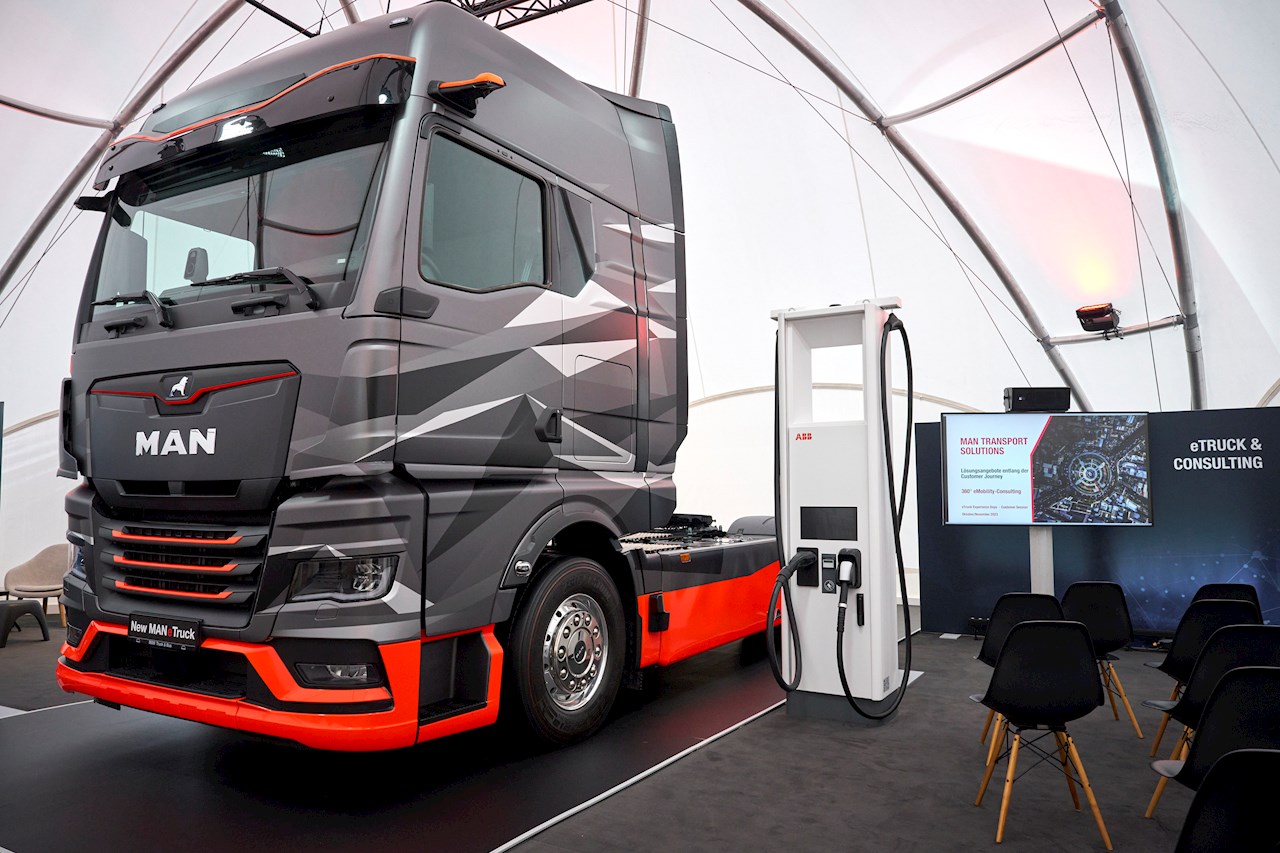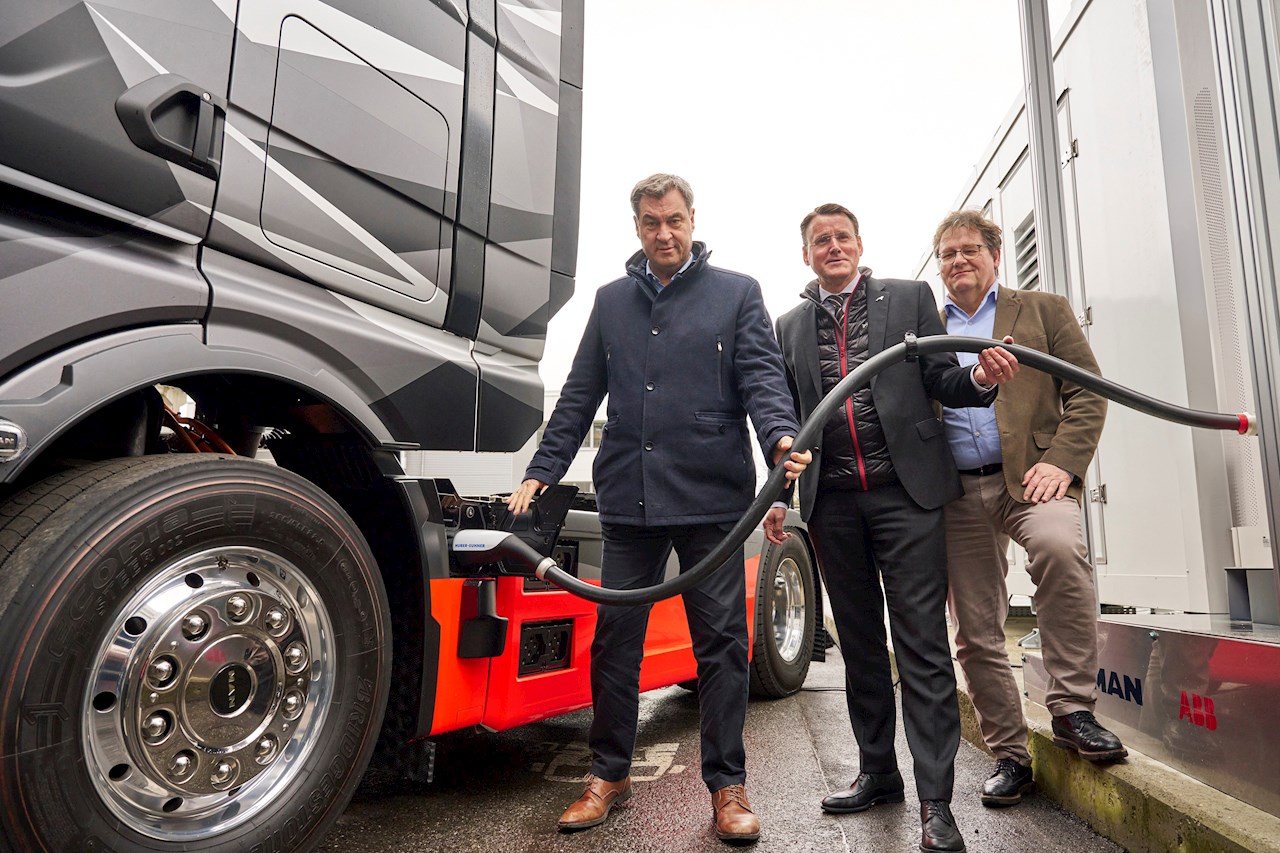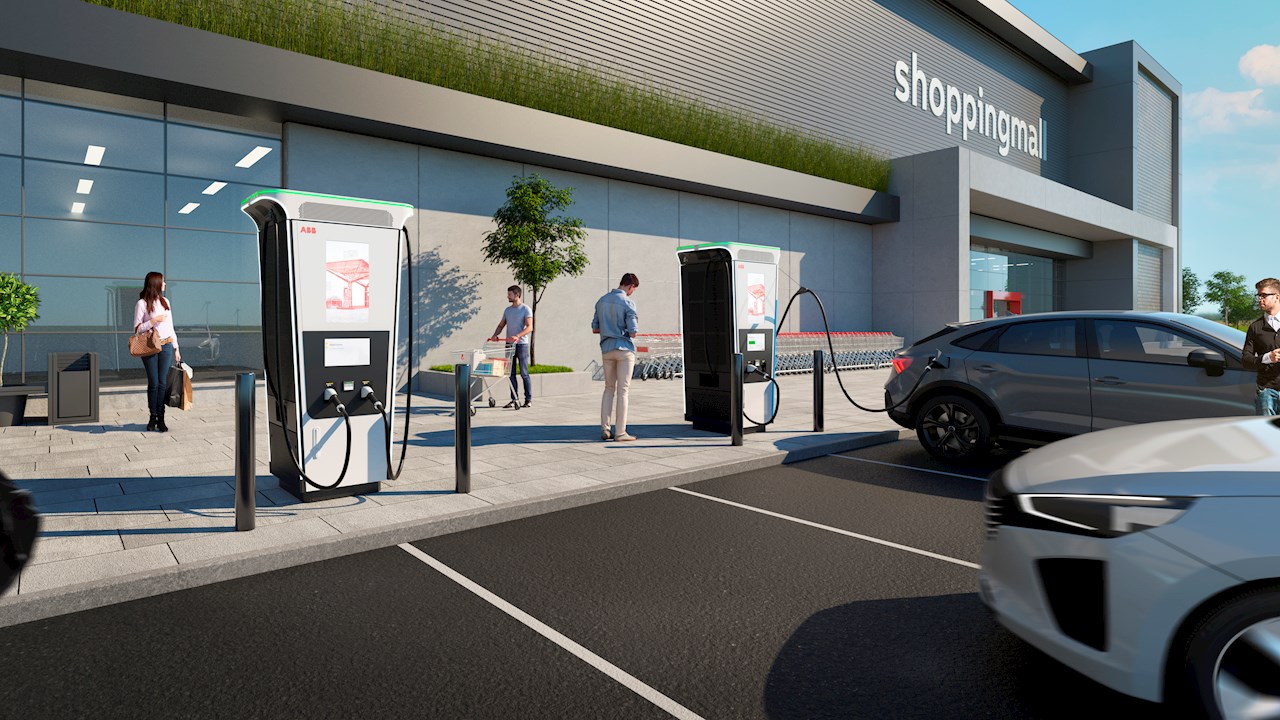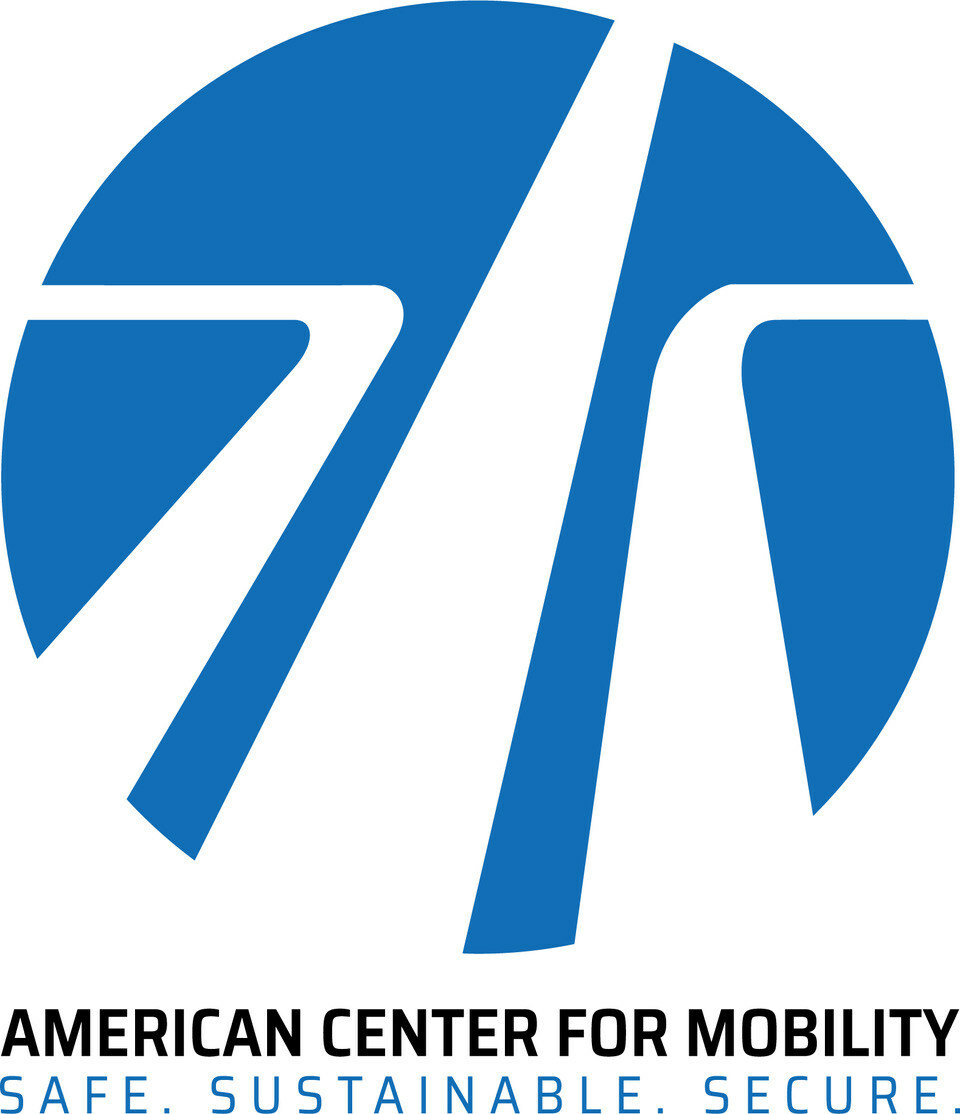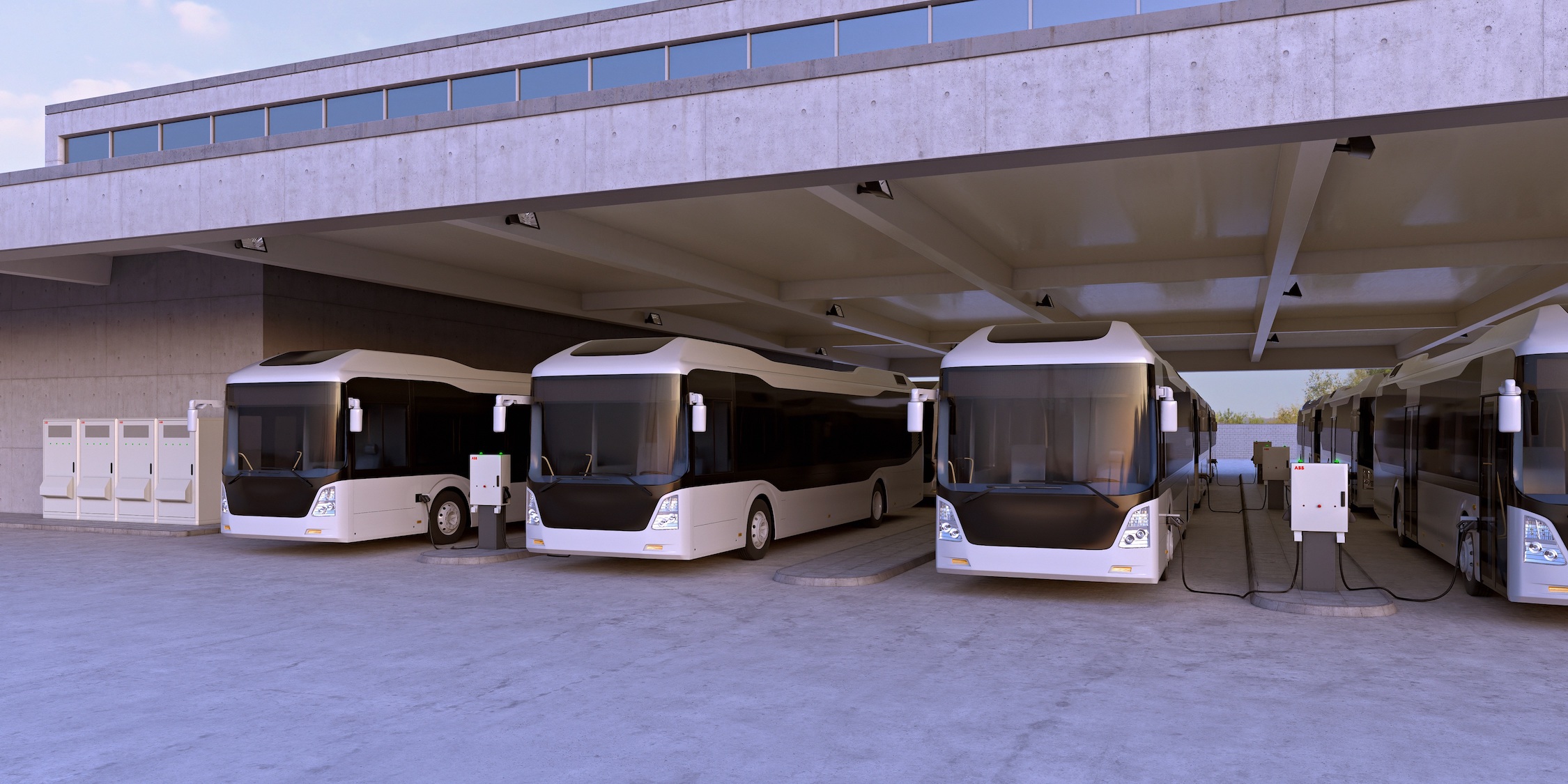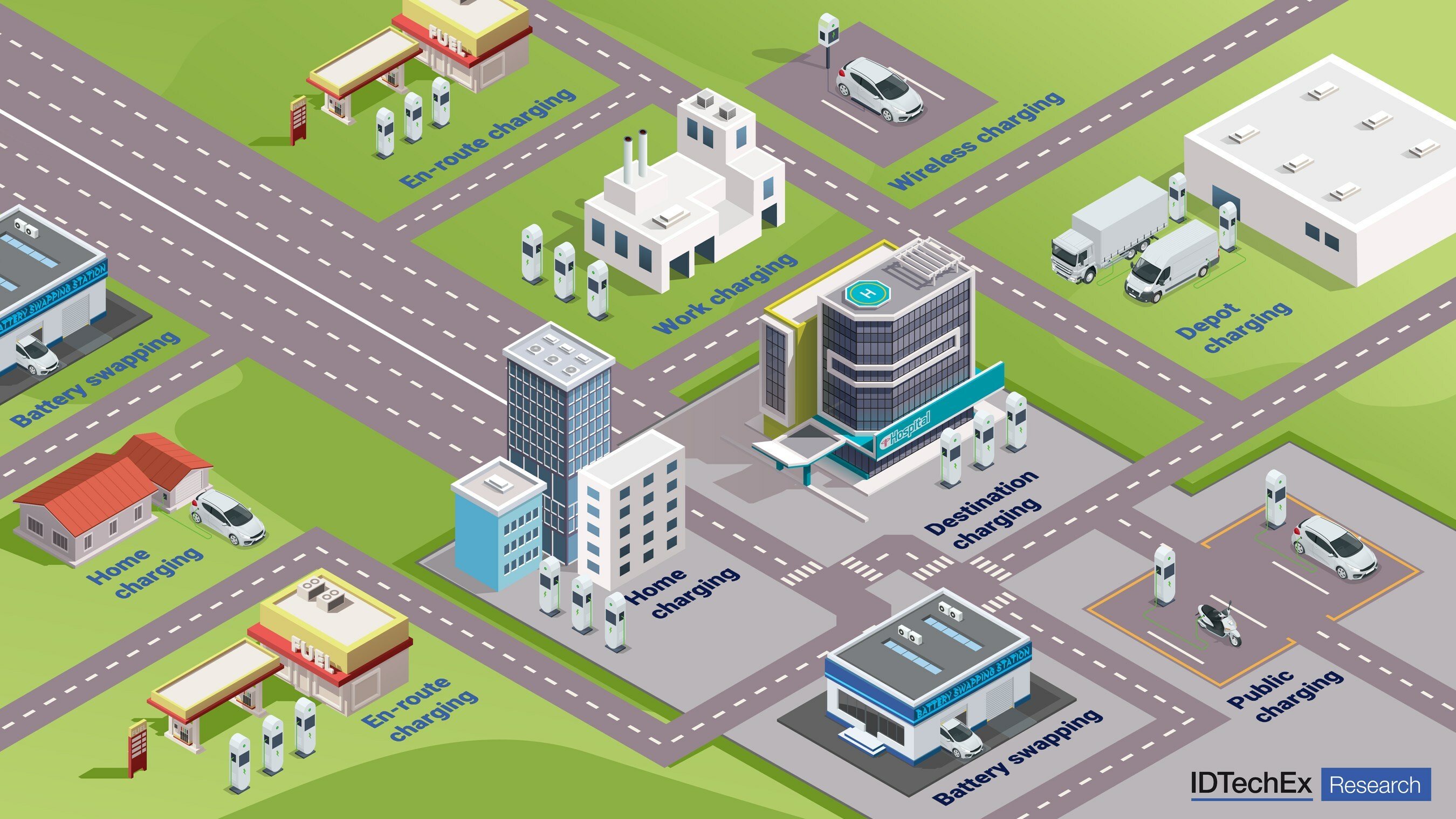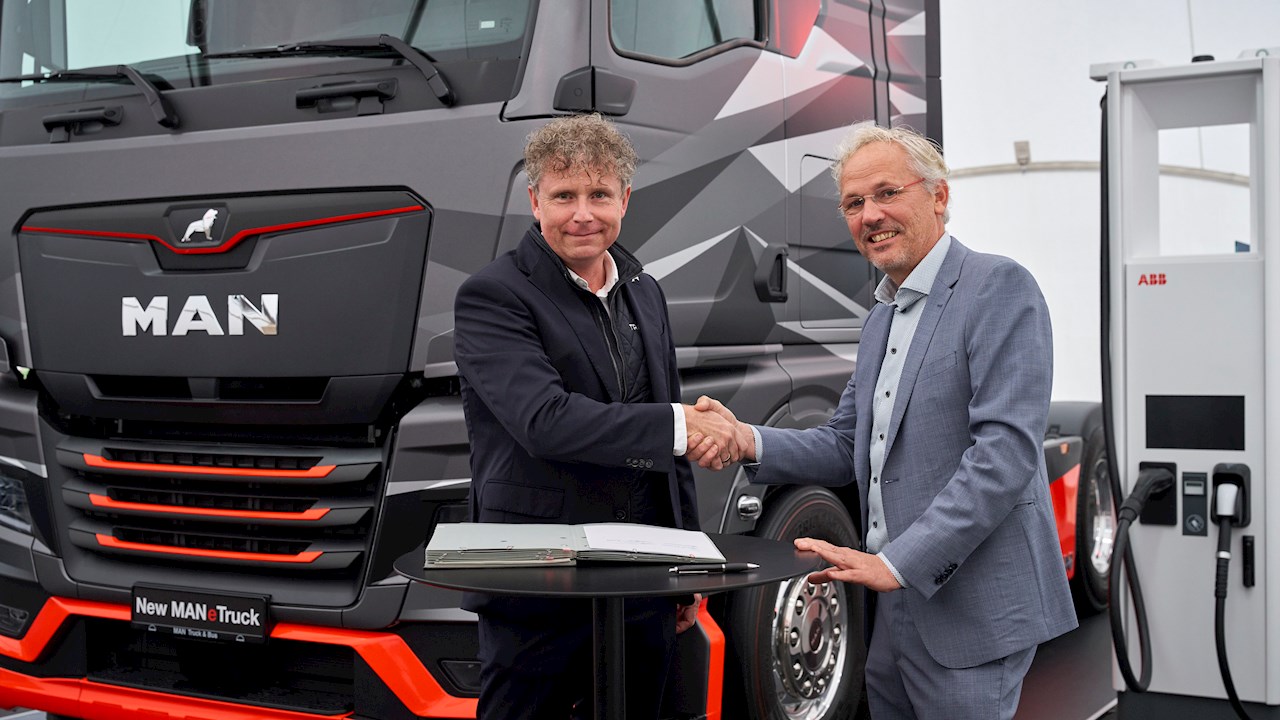
The aim of the strategic partnership is to work even more closely together, particularly in the area of research and development.
Thomas Nickels, senior VP of engineering at MAN, sees the cooperation as a specialty in the market. "Cooperation in the area of research and development is rather rare in our industry. Together with ABB E-mobility, we are striving for a trusting, binding, and transparent partnership. We are already starting with the development of products and standards and are focusing on the special requirements of the commercial vehicle industry," he said.
The importance of cross-industry cooperation for the entire sector is particularly evident for megawatt charging system (MCS), Nickel stated. “By cooperating with ABB E-mobility, we can tackle the challenges of the new technology at an early stage and drive standardisation forward more quickly."
These challenges include the ISO15118-20 communication standard and new ways of transmitting signals. The basis for MCS is Ethernet communication, which is being used for the first time in electromobility. Early software and interoperability tests with vehicles and charging stations should help to establish reliable products as quickly as possible in an emerging market environment. This is why the cooperation, which is initially scheduled to run for three years, is focusing on the customer experience right from the start, in addition to the internal development and further development of charging stations, vehicles and software.
"High charging performance, reliable technology and customer confidence – these are the prerequisites for the success of electromobility in heavy goods and long-distance passenger transport,” said Floris van de Klashorst, senior VP, products and hardware platforms at ABB E-mobility. "The market needs an ecosystem that interlocks and works reliably. That's why we want to jointly develop a concept for the interaction of MCS and CCS that addresses issues such as space, energy supply and grid expansion. MAN's extensive expertise helps us to develop customer-oriented solutions – both for use in the depot and on the track," says van de Klashorst, giving an outlook on future projects.
The cooperation is not just limited to logistics. MCS will also be used in future in the travel sector, for example for motorhomes and coaches. This will bring additional challenges and a change in user behaviour.



